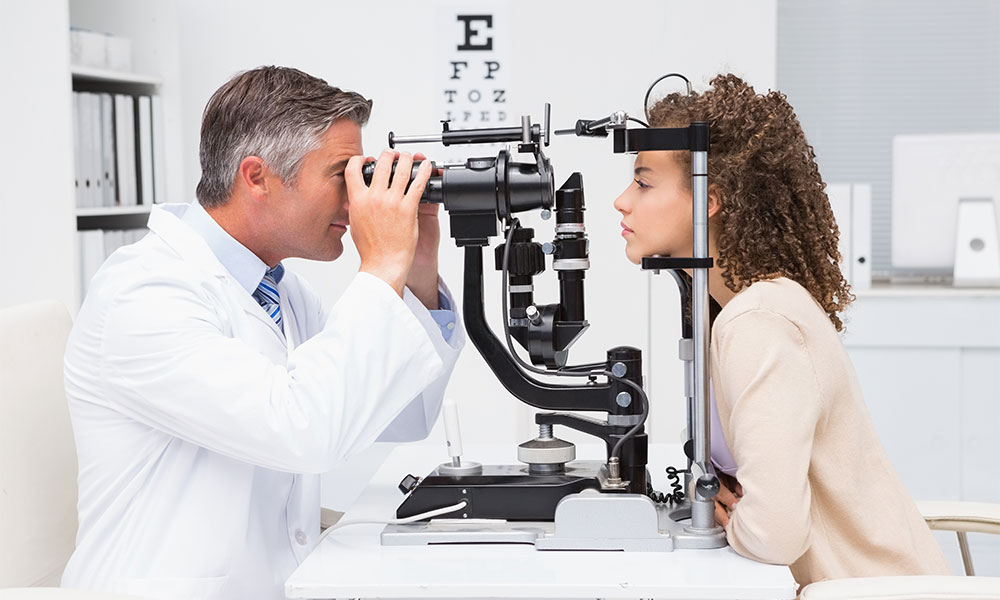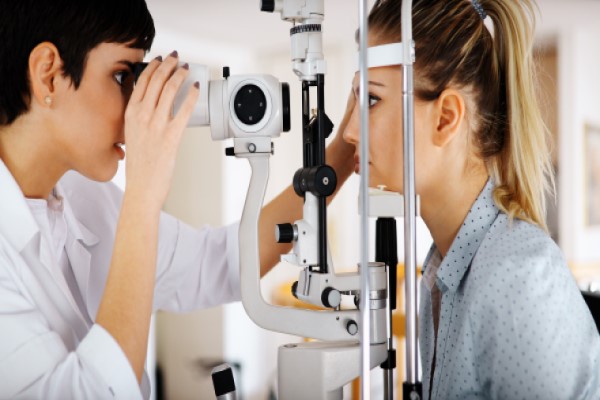As we grow older, changes in our eyes are common. Vision might blur, or colors may seem dull. These are signs that age-related eye conditions could be developing. Here, ophthalmologists play a crucial role. They specialize in diagnosing and treating these conditions. Their expertise ensures that changes in vision don’t have to mean a loss of quality of life. E. Joseph Nadji, MD, a renowned expert, highlights the importance of early diagnosis and treatment. Their skills and knowledge can make a significant difference in maintaining a healthy vision.
Understanding Common Age-Related Eye Conditions
Ophthalmologists often treat several common age-related eye conditions. These include cataracts, glaucoma, and macular degeneration. Each condition affects vision differently but can be managed effectively with proper care.
- Cataracts: A cataract clouds the lens of the eye, leading to blurry vision. Surgery can often restore sight.
- Glaucoma: This condition damages the optic nerve, often due to high eye pressure. Treatment can slow vision loss.
- Macular Degeneration: This affects the central part of the retina, leading to loss of central vision.
Why Early Diagnosis Matters
Early diagnosis allows for timely intervention. Ophthalmologists can offer treatment options to slow or prevent further vision loss. Regular check-ups are crucial for maintaining eye health as we age. The National Eye Institute provides resources on the importance of early detection.
The Diagnostic Process
Ophthalmologists use several techniques to diagnose eye conditions. These include vision tests, dilated eye exams, and imaging tests. Each method helps to understand the extent of the condition and the best way to treat it.
Comparison of Common Treatments
| Condition | Treatment | Outcome |
| Cataracts | Surgery | Vision restoration |
| Glaucoma | Medication | Slows vision loss |
| Macular Degeneration | Injections | Preserves vision |
Regular Eye Check-Ups
Regular eye check-ups are vital for detecting issues early. It enables ophthalmologists to monitor eye health and adjust treatments as needed. The Centers for Disease Control and Prevention (CDC) emphasizes the need for regular eye exams, especially as we age.
The Future of Eye Care
Advances in technology continue to enhance the capabilities of ophthalmologists. New treatments and surgical techniques offer hope for better outcomes. As research progresses, the future of eye care looks promising.
Conclusion
Ophthalmologists are essential partners in maintaining eye health as we age. Through early diagnosis and effective treatment, they help preserve vision and improve quality of life. Regular eye check-ups and staying informed about new advancements are key to eye health. With the right care, vision can be protected for years to come.



